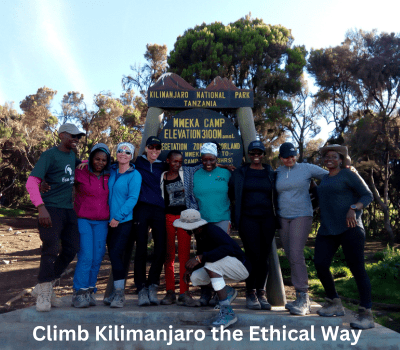Can I Climb Kilimanjaro Without a Guide?
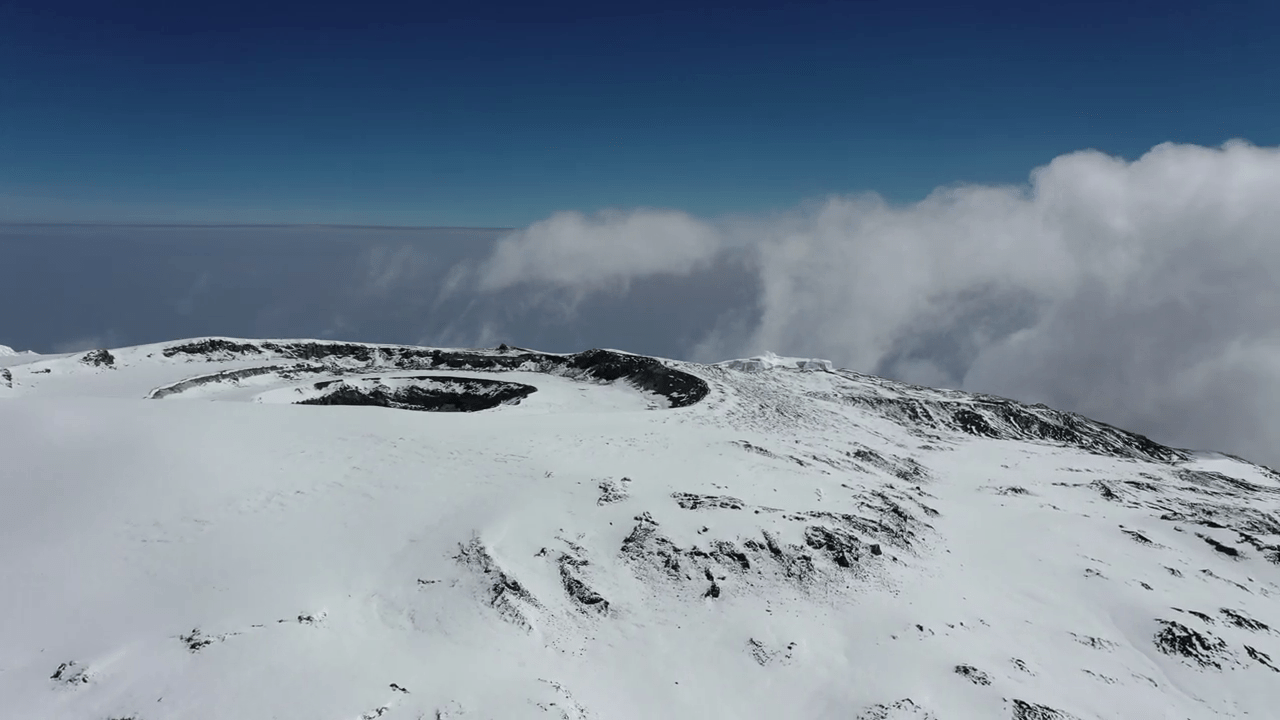
Mount Kilimanjaro, Africa’s highest peak and one of the world’s most iconic trekking destinations, draws thousands of climbers every year. One of the most common questions we hear from adventurous hikers is this: Can I climb Kilimanjaro without a guide? The short and direct answer is — no, you legally cannot. But the reasons behind this law, and the benefits of hiring a local guide, go far beyond just following the rules.
In this in-depth guide, we’ll explain why the Tanzanian government requires all climbers to use certified guides, what the risks are of going solo, and how a local guide doesn’t just ensure your safety — they elevate your entire experience. If you’re planning your climb with Eco-Africa Climbing, rest assured you’ll be trekking with the best-trained, most ethical crew on the mountain.
Why It’s Illegal to Climb Kilimanjaro Without a Guide
The Tanzanian Government’s Regulation
As of 1991, the Tanzanian government made it mandatory for all trekkers on Mount Kilimanjaro to be accompanied by a registered and licensed guide. This is not just a guideline — it’s a legal requirement strictly enforced by park authorities. When you enter the Kilimanjaro National Park, you’re checked at one of the seven park gates. Your name must be registered under a licensed tour operator like Eco-Africa Climbing, and you’ll be denied entry if you don’t have a guide accompanying you.
The main reason for this regulation is safety. With high altitudes, unpredictable weather, and physical exhaustion, Kilimanjaro poses real dangers. The Tanzanian authorities want to ensure that everyone attempting the climb is monitored, protected, and supported by professionals trained in high-altitude response and evacuation.
It’s also about conservation. Kilimanjaro is a UNESCO World Heritage Site, and controlling the flow of visitors helps protect the fragile alpine ecosystem from harm due to unregulated trekking.
What Happens If You Try to Climb Without a Guide?
If you attempt to climb Kilimanjaro without a registered guide or try to sneak in without passing through an official gate, you risk serious legal consequences. Park rangers are stationed at every route checkpoint, and unauthorized climbers are detained and fined. In some cases, you could even face deportation from Tanzania.
Moreover, without the support of a guide or crew, you’ll lack critical survival resources like altitude health monitoring, food, water, proper shelter, and navigation assistance — all of which are crucial on this mountain. Even experienced mountaineers have run into trouble when attempting unauthorized solo ascents.
The Benefits of Climbing Kilimanjaro With a Guide
Safety Is the Top Priority
One of the biggest advantages of climbing with a professional company like Eco-Africa Climbing is the safety net it provides. Every one of our guides is Wilderness First Responder (WFR) certified, which means they’re trained in altitude sickness prevention, emergency evacuation, and first aid. We conduct daily health checks using pulse oximeters and health assessments to monitor your oxygen saturation and overall condition.
If any symptoms of altitude sickness worsen — headache, nausea, confusion, shortness of breath — our guides immediately take action. That could mean slowing down, providing oxygen, or initiating a descent. You’re never alone when things get tough, and our priority is to get you safely back home.
Route Guidance, Pacing & Trekking Strategy
Kilimanjaro has multiple routes — each with its own challenges and elevation profiles. An experienced guide knows the best pacing strategies for each day, when to take breaks, and how to adapt the route if needed. Climbing too fast is one of the main causes of altitude sickness, and a guide helps you stay in the “safe zone.”
With our local knowledge, we help you adjust to the mountain gradually. We know how to apply the “climb high, sleep low” method, when to encourage a rest day, and how to guide you through difficult terrain like the Barranco Wall or the Western Breach safely.
Ethical and Cultural Reasons for Hiring a Local Guide
Supporting the Local Economy
When you climb with Eco-Africa Climbing, you’re not just hiring a guide — you’re helping sustain the local economy. We are 100% Tanzanian-owned and operated, and proud members of the Kilimanjaro Porters Assistance Project (KPAP). We pay our crew fairly according to recommended wages, and ensure they receive proper food, shelter, and respect.
Many international companies outsource their climbs to local agencies but keep the profits. With us, your investment stays here — creating jobs, empowering communities, and protecting Tanzania’s natural resources for generations to come.
Experiencing the Culture of Kilimanjaro
Climbing Kilimanjaro with a local guide offers insights no book or GPS app can provide. Our team shares stories, traditions, and songs along the way. You’ll learn about Chagga customs, local flora and fauna, and the spiritual significance of the mountain. Many of our climbers say their favorite memories aren’t just the summit — but the people they met on the way up.
Common Misconceptions About Solo Climbing
“I’m an Experienced Hiker — I Don’t Need a Guide”
Many hikers who’ve conquered challenging trails in the Rockies, Alps, or Andes assume they’ll be fine without a guide on Kilimanjaro. But altitude on Kilimanjaro is a different beast — it hits fast, and without proper guidance, it can become dangerous in hours. Even seasoned mountaineers have gotten into trouble here. Solo climbers don’t have the benefit of twice-daily health checks, emergency oxygen, or professional crew support. That’s why even the most experienced trekkers book with a licensed operator like Eco-Africa Climbing.
“I Want to Save Money by Going Solo”
Climbing Kilimanjaro is an investment — and trying to cut costs by avoiding a guide is not only illegal, it’s dangerous. A quality guide adds more value than they cost. They increase your summit chances, keep you safe, cook your food, pitch your tent, and carry your gear. The real risk is not hiring one — because if something goes wrong, the cost of emergency evacuation, hospital bills, or trip cancellation can be far higher.
Instead, choose a company that offers fair prices, high safety standards, and proven local expertise — like Eco-Africa Climbing.
Legal and Ethical Requirements
KPAP & Responsible Climbing
The Kilimanjaro Porters Assistance Project (KPAP) exists to ensure that porters are not exploited. When you climb without a guide or use unregistered crew, you may unknowingly support operators who underpay or mistreat workers. KPAP-certified companies like Eco-Africa Climbing follow strict guidelines for wages, workload, tipping transparency, and treatment. We believe that tourism should uplift everyone involved — from the climbers to the crew to the communities we pass through.
Why You Can’t Just Hire a Guide at the Gate
Some travelers believe they can just show up at the park and hire a guide at the last minute. That’s not how it works. All climbers must be pre-registered through a licensed tour company with full route, crew, and insurance documentation filed before entry. Gate rangers won’t allow you to proceed without these approvals. Booking in advance through a professional team like Eco-Africa Climbing ensures compliance and guarantees your trek is approved.
What Makes Eco-Africa Climbing the Right Guide for You
Expert Local Knowledge
We live here. We hike here. We know Kilimanjaro in all conditions. Unlike international agents, our team is based in Moshi, Tanzania — at the base of the mountain. You’ll meet us in person, tour our office, and know exactly who is guiding you to the top. That’s the benefit of choosing a 100% locally-owned and operated company that lives and breathes Kilimanjaro.
7-Star Service, KPAP-Certified Ethics
Many of our clients tell us they were surprised — they expected a “budget local outfit” but ended up receiving 7-star treatment. That’s because we go above and beyond. From hot towels at camp to delicious, freshly prepared meals, to private toilet tents and proper altitude briefings, we make your climb safe, comfortable, and enjoyable. All while ensuring our crew receives ethical treatment and industry-leading support.
If you want a guide who knows every twist in the trail, speaks the local language, has handled hundreds of successful summits, and puts your well-being first — you’ve found your team.
Safety and Emergency Procedures with a Guide
Medical Checkups and Pulse Monitoring
At Eco-Africa Climbing, our guides conduct health checks every morning and evening on the mountain. This includes using a pulse oximeter to measure your oxygen saturation and heart rate. These vital signs help detect early symptoms of Acute Mountain Sickness (AMS) — even before you notice them. With this data, our guides can make informed decisions and intervene before things get serious.
Without a guide, you lose this medical oversight. AMS can escalate into High Altitude Cerebral Edema (HACE) or High Altitude Pulmonary Edema (HAPE) within hours. If you’re alone and unable to monitor these signs, you may not have time to react — and that’s the real danger of climbing without expert supervision.
Oxygen, First Aid, and Helicopter Rescue
All Eco-Africa Climbing treks include emergency oxygen and a complete first aid kit as standard. Our guides are WFR-certified and trained to administer oxygen if your oxygen saturation drops or if you show signs of severe AMS. If the situation requires, we’ll initiate immediate descent or arrange for evacuation.
We also partner with local air rescue services to provide helicopter evacuation from Kilimanjaro in case of a serious emergency. This level of support is only available to those who climb through licensed operators who follow park safety protocols. You cannot access these services if you’re not registered with an authorized company.
Planning the Best Climb With Your Guide
Choosing the Right Route for Success
A good guide doesn’t just walk you up the mountain — they help you plan the best route for your fitness, timeframe, and acclimatization needs. At Eco-Africa Climbing, we’ll recommend the best route after learning about your trekking history, travel dates, and summit goals.
Some of the most recommended routes include:
- Lemosho Route – Offers scenic beauty, fewer crowds, and better acclimatization (8 days)
- Northern Circuit – Longest route, excellent for slow adjustment (9 days)
- Machame Route – The most popular choice for its diverse scenery and challenge level (7 days)
Building a Supportive Team
When you book with us, you don’t just get a guide — you get a whole team. This includes assistant guides, cooks, and porters who make your experience safe and smooth. We assign enough staff to manage your load, prepare your meals, set up your tent, and ensure your needs are met. Each of them is well-trained, fairly compensated, and part of our ethical hiring structure aligned with KPAP.
Our team isn’t just there to help — they become a part of your journey. You’ll laugh, sing, share stories, and create friendships that last beyond the summit.
Environmental Responsibilities and Leave No Trace
Protecting Kilimanjaro’s Ecosystem
Solo climbers may not be aware of park regulations or conservation best practices. That’s where our guides step in. We enforce Leave No Trace principles and educate our clients about minimizing impact. Every piece of trash we bring in, we carry back out. We never leave waste on the trails, and we only camp in approved areas.
As part of our sustainability mission, Eco-Africa Climbing plants trees in Moshi for every climb. We’re also members of Carbon Offsetting Tanzania, meaning your entire expedition is carbon neutral.
Why Ethical Operators Matter
When you hire a cheap or unregulated guide — or worse, try to go without one — you risk participating in exploitative or harmful tourism. Ethical companies like ours follow KPAP guidelines, pay fair wages, and contribute to community welfare programs.
That’s why every climber with us becomes a part of something bigger: preserving Kilimanjaro for future generations and building stronger communities in its shadow.
Conclusion
So, can you climb Kilimanjaro without a guide? The answer is clear: no, you legally can’t — and ethically, you shouldn’t. But that’s not a limitation. It’s an opportunity. Trekking Kilimanjaro with a trusted local guide is one of the best decisions you’ll ever make — for your safety, your success, and your connection to the people and landscapes of Tanzania.
At Eco-Africa Climbing, we don’t just guide you to the summit — we support you every step of the way, from planning and gear checks to summit celebrations and cultural experiences. We’re proud to be a 100% Tanzanian-owned company, committed to sustainability, porter welfare, and world-class mountain service.
When you climb with us, you don’t just reach the top of Africa — you uplift the people who call it home.
FAQs
Is it legal to climb Kilimanjaro without a guide?
No. The Tanzanian government requires all climbers to be accompanied by a registered guide and tour operator. Unauthorized treks are strictly prohibited and can result in fines, arrest, or deportation.
Can I hire a guide directly at the gate?
No. You must book your climb in advance with a licensed tour operator like Eco-Africa Climbing. The park requires all trekkers to be pre-registered with a full route plan and support crew.
Why do I need more than just a guide?
Kilimanjaro climbs are logistically demanding. You’ll need porters to carry equipment, cooks to prepare meals, and a team to support your health and safety. That’s why climbs are always organized as fully staffed expeditions.
Is it safer to climb with a company like Eco-Africa Climbing?
Absolutely. Our certified guides conduct daily health checks, carry emergency oxygen, and are trained in altitude safety and evacuation. We also offer ethical practices, 7-star service, and a deep respect for our environment.
How can I book a guided climb on Kilimanjaro?
Visit our online booking page or contact us via WhatsApp, email, or phone. We’ll help you choose the right route, prepare your gear, and guide you every step of the way to Uhuru Peak.
Share:
Related Posts
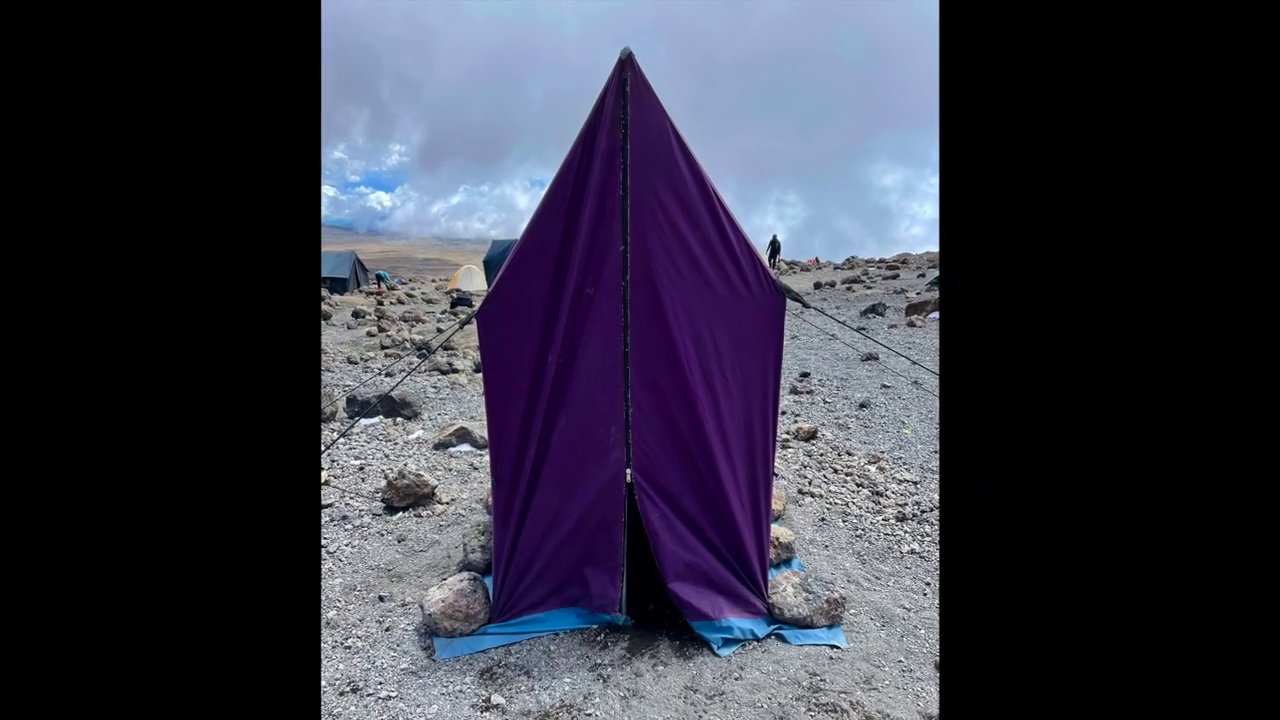
bathroom on mountain kilimanjaro
Bathroom on Mountain Kilimanjaro: What to Expect and How to Prepare Introduction One of the most common — and least discussed — questions from people
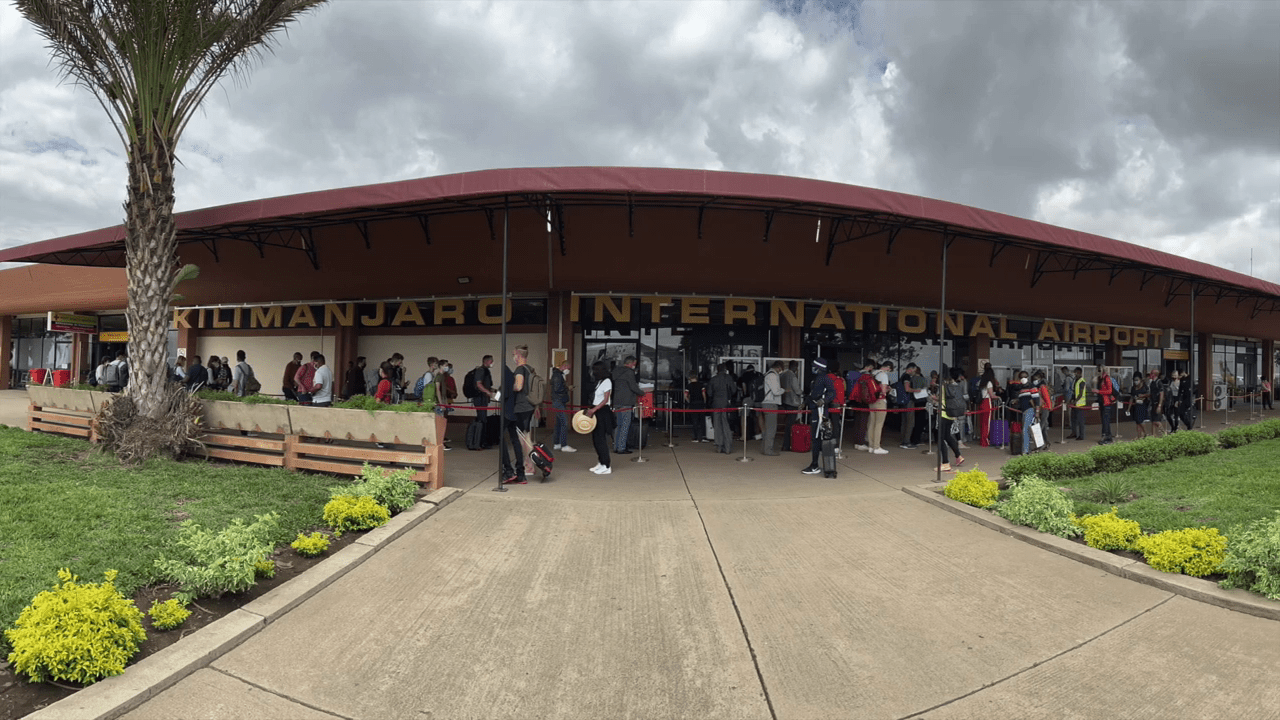
Are Guides Readily Available in Tanzania Without Prior Booking?
Are Guides Readily Available in Tanzania Without Prior Booking? Introduction: Should You Risk Climbing Without Pre-Booking? Climbing Mount Kilimanjaro is a dream for many adventurers.
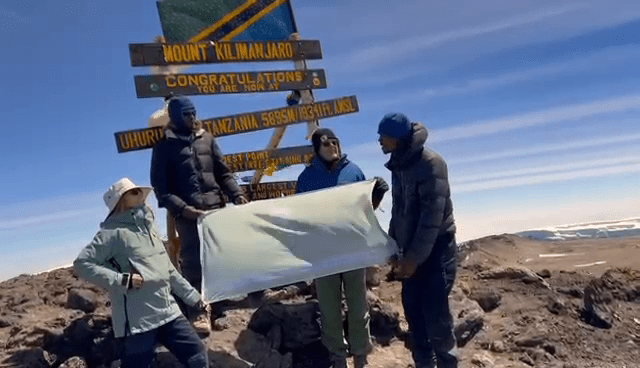
How Can I Find a Reliable Local Guide for My Kilimanjaro Expedition?
How Can I Find a Reliable Local Guide for My Kilimanjaro Expedition? Introduction: Why the Right Guide Is Key to Kilimanjaro Success Climbing Mount Kilimanjaro
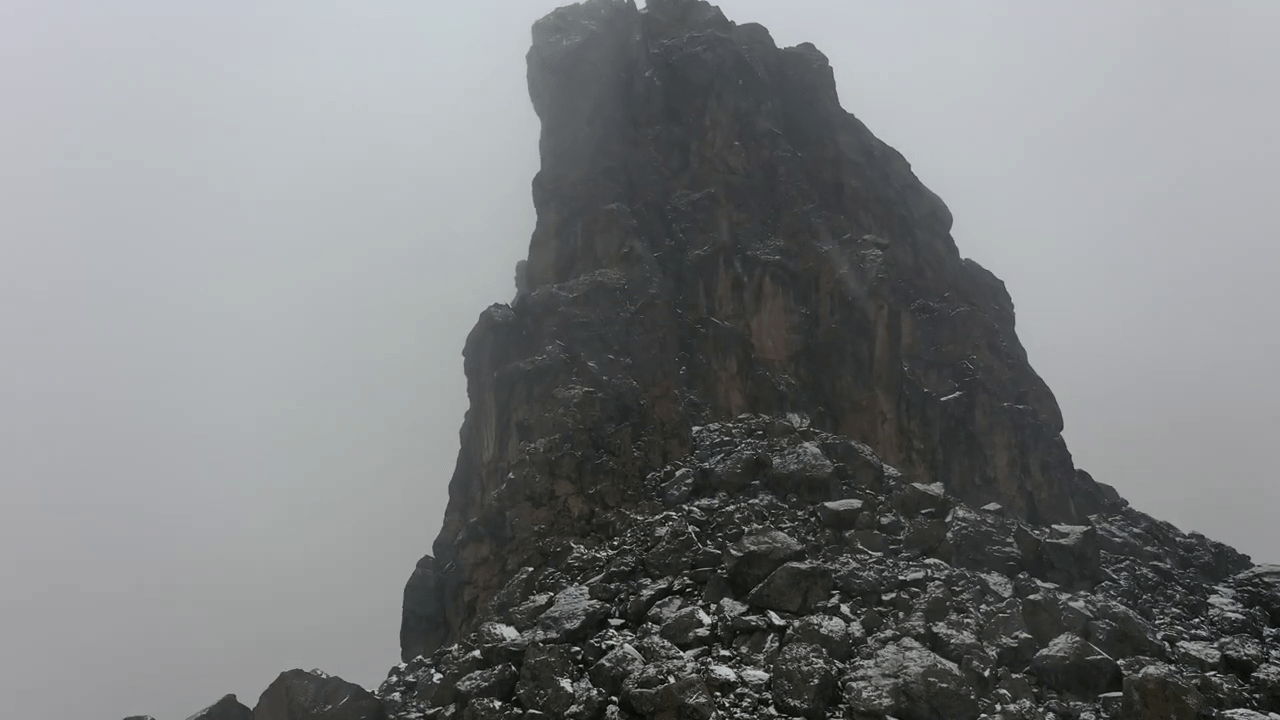
Is Climbing Kilimanjaro Dangerous for Individuals Without Mountaineering Experience?
Is Climbing Kilimanjaro Dangerous for Individuals Without Mountaineering Experience? Introduction: The Myth of Danger and Experience Many aspiring adventurers wonder if climbing Mount Kilimanjaro is
